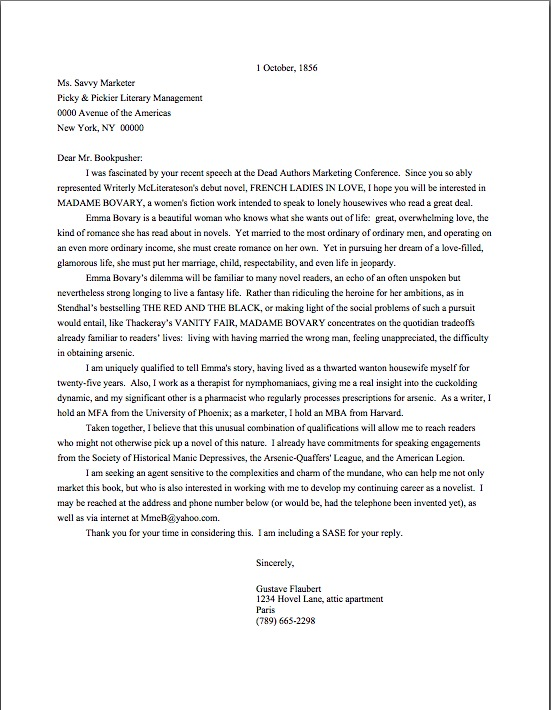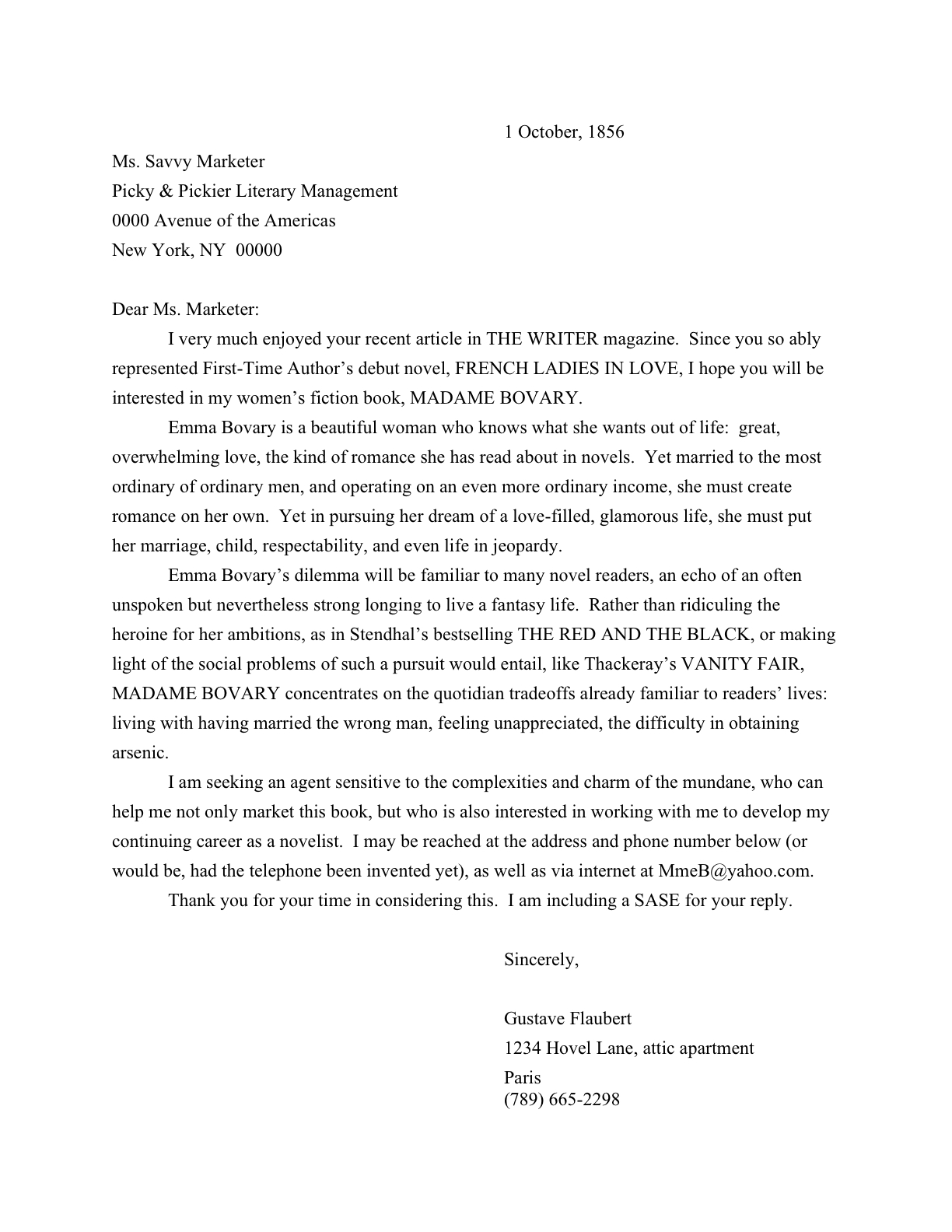Hello again, campers —
Welcome back to our ongoing Series Series! No, that’s not a typo, as those of you joining us late just thought very loudly indeed: all last weekend, through this week, and into next weekend, I have been, am, and shall continue to invite some of the hardest-working, most creatively-interesting authors I know to talk about the ins and outs of writing a series.
Today’s guest post is very dear to my community-minded heart: it comes to us from a longtime member of the Author! Author! community, the incisive and lyrical literary novelist, Michael Stutz, author of a beautifully-crafted 2011 debut Circuits of the Wind: A Legend of the Net Age, Volume I. In one of those delightful twists of publishing fate that has only become possible due to the explosion of the Internet and the concomitant diversification of publishing, he’s also recently become the proud author of his second literary novel, Circuits of the Wind: A Legend of the Net Age, Volume II. And I have it on pretty good authority that this third book, entitled — wait for it — Circuits of the Wind: A Legend of the Net Age, Volume III will be coming out this summer.
That’s right, those of you who just turned a bright, minty green with envy: it’s literary fiction; it’s a trilogy; all three parts are coming out essentially at once. You literary fiction aficionados are going to want to hear what he has to say, and pronto.
Especially if you happen to be one of the many, many literary novelists chafing against length restrictions. But perhaps I have already said too much.
And that, ladies and gentlemen, is how to set up proper suspense. What Michael has to say on the subject is so delightful — and, I suspect will be so helpfully inspiring (and possibly even inspiringly helpful) to those of you agonizing on how to meet the prevailing expectations for first novel length that I would not dream of spoiling the surprise.
Before I back swiftly off the stage and allow Michael to step to the podium, though, I’d like to introduce him via any writer’s best calling card, his writing. Here’s the publisher’s blurb for his first novel, available, appropriately enough for a story of the ‘Net era, not only in trade paper and as a Kindle download, but also in preview form.
VOLUME ONE of the CIRCUITS OF THE WIND trilogy follows a young Raymond from his ’70s childhood — and first gropings with the telephone — to the home computers and bulletin boards of the ’80s, where he leads a double life as a wanderer of the wires. But when even his virtual best friend unplugs, Raymond might have to leave it, too — because isn’t real life supposed to be offline?
Not your garden-variety literary fiction subject matter, is it? Possibly because Michael honed his craft across a variety of writing categories: starting out as a journalist, he’s also published steampunk short stories, memoir, and short-shorts. (Yes, yes, I know: all of you literary fiction writers are clamoring for insights into carrying a literary voice across venues. Levi Asher recently did such a nice interview on the subject with Michael on Literary Kicks, however, that I’m reluctant to tread the same ground here.)
I find the result a pretty potent blend — but again, as literary fiction is the book category for which it is most true that any sane person should let the writing speak for itself, I’m all for letting Michael get on with doing so toute suite. I’m not averse, however, to letting a few reviewers speak for him:
“A link to the entire world may blind you to the world. Circuits of the Wind is the story of Ray Valentine, who became hooked to the Internet in its infancy, and found his adulthood there. A coming of age tale of the early internet and the impact on an unsuspecting world, Circuits of the Wind provides a very human story set on a backdrop of technology few truly understand, very much recommended.”
Midwest Book Review’s Small Press Bookwatch
“Lyrical and moving, Circuits of the Wind ranges from the nightmarishly detached to the passionately connected. Stutz understands that no matter how many hours we spend alone before our computer screens, we’re still what we’ve always been: desperate human beings longing for acclaim, achievement, friendship, and ultimately,
love.”Tony D’Souza, author of Whiteman,
The Konkans, and Mule“As is with the breed of fine American writers, the capacity to dream and hope is as much apart of the writer’s genetic makeup as it is of the literary tradition itself. The desire to reach the unfathomable has always been at the epicentre of the American dream, firmly passing away with the emergence of Modernism.
Michael Stutz introduces us to the Virtual American Dream, a world that exists solely through currents, circuits and waves, but is more alive and teeming with activity than you can ever imagine…Stutz writes with a grandness that exceeds the deadpan expectations that are associated with his generation of writers…The current his boat is against is now the electrical pulse that continues to evolve beyond our human control, showing how we are forever ‘borne back ceaselessly into the past.’”
That Fitzgerald reference is not entirely coincidental: Michael’s narrative rhythm, a strong heartbeat pulsing through the novel, actually is, in the overworked critical phrase, rather reminiscent of THE GREAT GATSBY. See if you can hear the music in the book’s opening lines:
To know the legend of a world that has been lost, first you must go back. To even catch a meagre glimpse at any cost, first you must go back. You have to take the bow of history, pull it back, project yourself onto an orbic stage with phantom cast; then you will be back.
Not hearing it yet? Okay, here’s the opening to the next chapter:
He knew the telephone early. Where there had once been indifference, when first he’d only noted just an olive-colored blemish on the wall, soon came recognition and finally even curiosity. In time the thing took on great significance.
Pretty distinctive, is it not? And that’s speaking as a jaded professional reader. (Which enables me to point out something that those of us that read for a living have often remarked about first novels: did you notice how many times the term first appeared in those two excerpts? That’s one of the charming, unconscious ways that new writers tend to announce without meaning to that they are approaching the literary world with fresh eyes.)
That driving rhythm and sophisticated narrative touch carry over into Volume II — as you may see for yourself in this preview, or, for those of you better able to commit, in trade paper or as a Kindle download. Or, if you’re in a hurry, you could just read the publisher’s blurb:
In VOLUME TWO of the CIRCUITS OF THE WIND trilogy, the net arrives all glimmering when Ray is starting college: it’s brighter, quicker, better than he ever knew. It’s the early 1990s — a time of golden youth and of joyriding on the growing Internet, where he rises as a leader of the global generation, the ones who saw it as the gilded portal to a fabulous new age everyone was about to enter. But he’s coasting aimlessly — and when his college friends move on and fashions change he sees how real life actually might not be working out.
With no further ado, then, please join me in welcoming one of our own made very good indeed. Take it away, Michael!
Conceiving, writing, refining, and seeing a book — or a series of them — through to publication is laborious and discouraging and hard. What I’ve learned is that if a part of that process isn’t working, you can’t let yourself lock up. What you can’t lose is time. You have to keep moving, try something different, and not be afraid to experiment. Experiments always yield results. They may not be the expected ones, they may be mystifying, or may even appear stupidly obvious, but there will be some kind of outcome — and they have a way of helping you find your way out when you are stuck.
It happened to me when Circuits of the Wind became a trilogy, because it was not originally planned to be one. Technically, it’s still a unified and single work. But as an undivided novel, yes, by current standards, it’s a bit long — I think it’s about 20,000 words longer than The Corrections. The length had been an issue, even as I knew that some books are double that size, or bigger, yet it seemed to be the way I do things; immediately before this I’d written a book five times as long.
Fortunately, there was a way out of this — it turned out to be a matter of possibility. Circuits of the Wind is being published serially in three volumes: Volume 1 came out late last year, Volume 2 has just been published now, and Volume 3 should arrive some time this summer.
Dividing the novel into multiple books for serial publication is not how I’d initially planned it. I hadn’t considered it even when I was urged to try it. I’d never thought of myself as a series author or an author of “trilogies” — and yet, thinking of it now, in some way the germ of it was always there: I’ve always felt that my work fits tightly together as a single legend, the books all interconnected. I like the idea of weaving all the characters and episodes and scenes together through my books, and I see all of my eventual stories as part of an interconnected world.
But the story of how Circuits of the Wind became a trilogy really begins late in the game, when I had already finished it and was trying to sell it.
I was living in a little bungalow at the time, tucked away in an obscure corner of the nation, far from most everything that was going on — this was the house I’d found myself in not long after escaping college, and despite the love that visitors would give it, telling me constantly how they thought it was so comforting and quaint, and with such a warm inviting rustic air, I didn’t like it at all. In fact I deplored it — the neutralizing 90s “updates” of the previous owner, the backwater location far away from the pulse of the world, the weird layout all constantly got to me.
(My feelings on this have since mellowed: that little town now feels inviting and homey when I’m passing through it, and the townies I knew from back in the day all have kids now but are still happily leading their wooded-lot lives with nights under the fluorescent yellows of the roadside bar, and I see that from the road that house does hold a kind of warmth and agrestic quaintness.)
But even back then I’d admit to anyone that the place had a few great benefits — the first being proximity to airport and highway.
What it also gave, and which was best of all, was a quiet place in which to work. The house was built at the edge of an enchanted wood, where the stone wall of an ancient footbridge lay sunken, broke-backed, into the ditch, and through the daylight hours there would be the varied song and call of many birds.
I had a workroom in the back corner of the house, tiny as a cell, with the same bare, pearl-white walls as the rest of the place. A window overlooked the woods. It had new carpet. This was the perfect place for me to spend my days in work.
The other propitious asset of the place was the neighbor, a bookish retired woman who spent her days reading, talking on the phone and gardening — but mostly reading. She was aware of my work and struggles.
When I’d begun sending out the completed manuscript, I told her about my new dilemma: according to all the rules, first novels “had to be” between about 80,000 and 120,000 words. Anything more was seriously pushing it even for an established novelist, and something nearly three times that length was not so much pushing it anymore as it was thrusting it off in jet-fueled insanity.
She spoke before I was finished with my breath: “Can’t you cut it up into a trilogy? Can’t you make a series out of it?”
I laughed, agreed that at least then I’d have three normal-sized books, but I admit that I didn’t consider it in the least. Trilogies? Series books? That’s genre fiction: bodice-rippers, medieval fantasies, dystopian sci-fi epics, vampire sagas, grisly detective thrillers. They all had their successful trilogies and series books, but my book didn’t fit in with any of those genres or worlds. I was writing something else, what I thought of as mainstream literary fiction — reality fiction — so I shut the door on the idea and didn’t allow myself to even consider it.
It seemed plain that I was right — the world of contemporary literary fiction, at least, didn’t have a place for plot-centered trilogies or series books. And at the time I was latching onto the “literary fiction” tag pretty hard, not out of any special community or bond but because I was attempting to create something outside of those other genres, something that wasn’t in vogue at all. I couldn’t point to another current book as a good concrete example of what I was trying to do; I just knew that it was exactly the kind of book that I desperately wanted to read.
I kept the faith with it, but it eventually turned out that my former neighbor was much more right than I had thought, and it took the help of another friend to see that and to make me realize what I had been doing wrong.
He’s an interesting character, an American slacker archetype: in his twenties he’d lived in New York and LA, dated the daughter of a famous Beat figure, hung out with punk bands and cult filmmakers, seemed to have connections to everyone, he always knew about everything. And then what he chose to do when settling down into his thirties was incredible: he moved to a groggy coastal resort town — one of those places with a picturesque little harbor, a walkable Main Street of tiny boutiques, miles of cottages surrounding it, and brochures on the interstate to let you know which exit to take so that you don’t miss it. He went out there and took a job as the night clerk at the tiny Dari Mart at the far edge of town.
He spends his time on the net, still learning about everything, posting on forums, and he’s always reading a book. Every time I find myself out there, I’ll step into the Dari Mart to pick something up and it ends up being four hours before I walk back out the door. I imagine how the store security cameras record us having these big literary conversations all night, trading references and links across the counter while meanwhile the cottagers are streaming in and out for their smokes and six packs.
One night over a year ago I was telling him about my then-current struggle with the book — how the length had been constantly a dealbreaker, and yet how on the other hand it was structured so symphonically that the entire movement of the book fit into a tight, planned scheme from the first word to the last.
He didn’t even blink. “It’s a trilogy.”
“What?”
“A trilogy. You’ve got a trilogy. You’ve got to cut it up into three separate books. It’s all there.”
As soon as he said that, I thought back to where I used to live, and remembered the advice of my former neighbor who had then just passed away, and I realized how completely dense I’d been: I’d been so adamant to say that no, of course this wasn’t genre work, it had to come out as one big fat literary doorstopper (with deckled edge and dust jacket, naturally, and no trade paperback at all), that I failed to see exactly where I could go, or what I was doing wrong.
The dust jacket and the deckled edge were not important — getting the story out and in front of appreciative readers was the important thing, and I’d lost sight of that. Once I had that realization, everything went easy. Or no — it was still hard, and the road was still long and lonesome, but I was finally moving forward once again.
After I became willing to cut the book into volumes, I’d also realized that many works of literature had been published like that, works that had even influenced me and were in the same vein I’d been writing in, and in fact were even — d’oh! — by some of my favorite authors!
I’m talking about Honoré de Balzac, certainly, and Marcel Proust, and Henry Fielding, and Compton Mackenzie, and even (in some paperback editions) the best of Thomas Wolfe.
The chapters of Circuits of the Wind had been arranged into titled sections called “books,” six total plus an epilogue, and I’d kept looking at them and not seeing the greater structure. I’d wondered with some dismay at first whether I’d have to remove these “books” and find some other points to divide it.
It actually turned out to be much simpler than that. In the process of “serializing” it, no changes were made to the manuscript at all — it was simply cut into three neat sections, but kept exactly as it had been written.
I saw that those “books” clustered into three main movements of the story — each even has its own voice and inflection, its own time granularity and theme. You have the first hunk, which is the hero’s childhood through to the end of high school, and then comes the quick chaotic rush of his college years, and finally it ends with the first several years in the work world; all of these periods in the hero’s life also coincide perfectly with major periods in the life of the net: the ancient days of home computers, the fever of the early UNIX-based net, and then the huge dialup dot-com explosion of the Web. The volumes reflect and complement each other perfectly, and if you omit the final epilogue they might even function as standalone works.
When I saw that, and realized what I had, the manuscript broke into three piles almost with the sudden force and guidance of an outside power: it was like the parting of the Red Sea. And then getting through it was a cakewalk.
MICHAEL STUTZ coined the phrase “net generation” while working as a reporter for Wired News — and in the early 1990s kicked off the Wikipedia era by being the first to take “open source” beyond software. He lives in Space Age Central, the former home of the NASA rocket scientist who planned the Apollo Project.
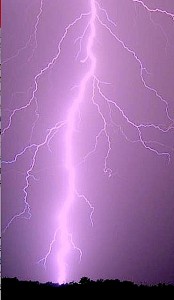
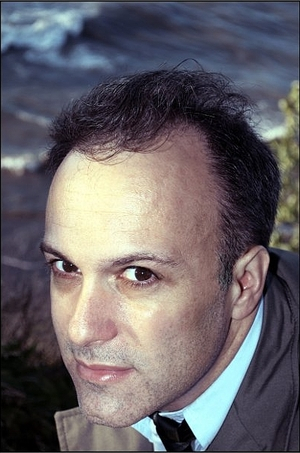
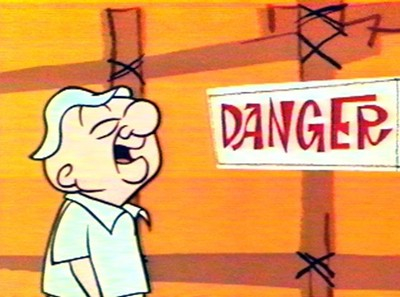
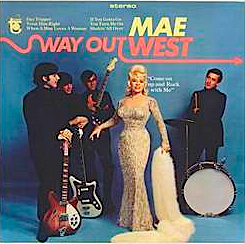
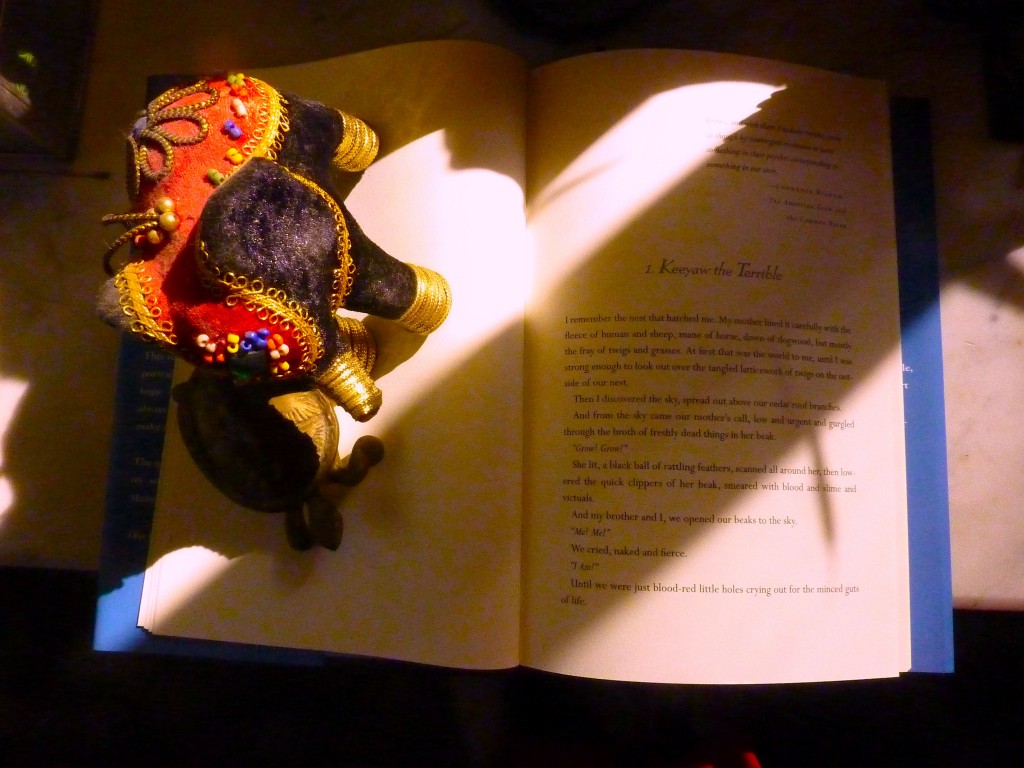

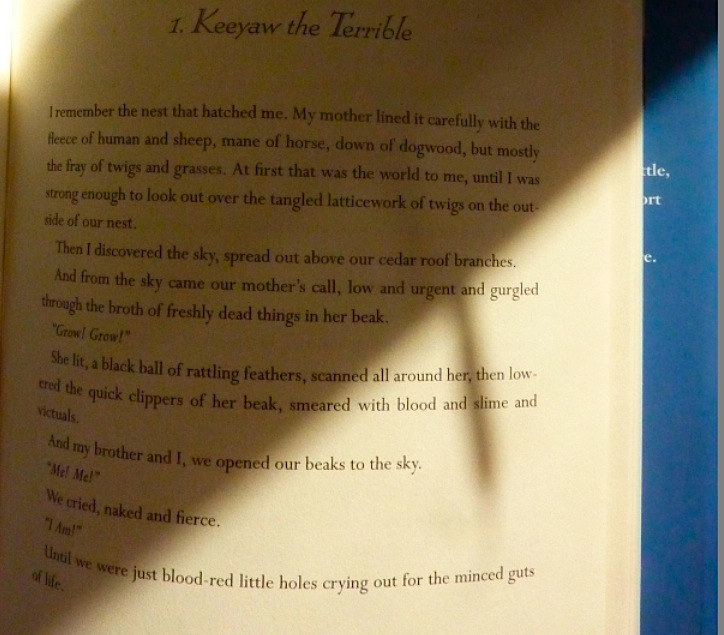
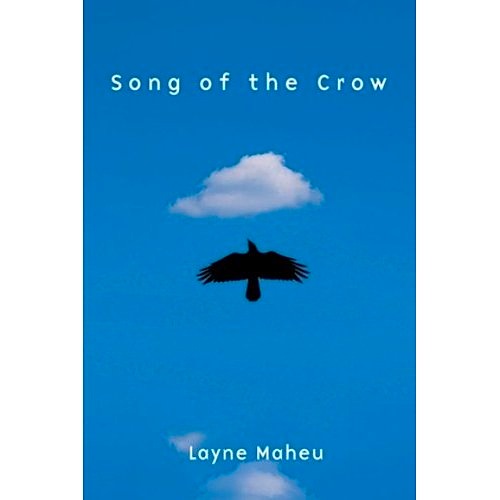

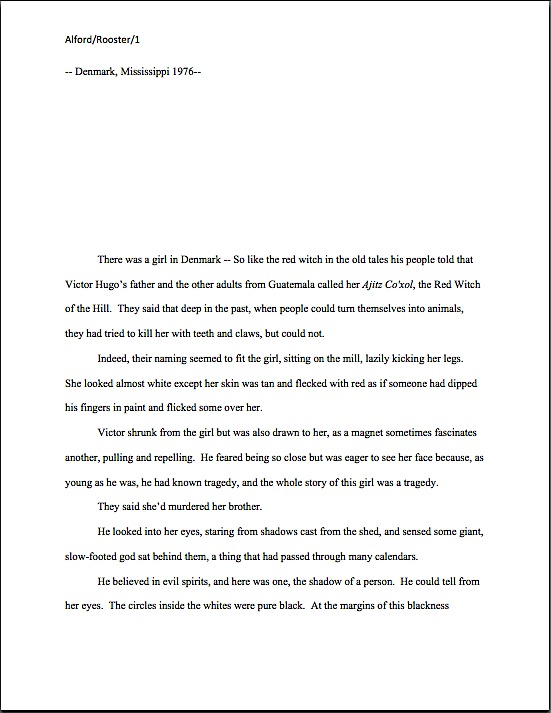
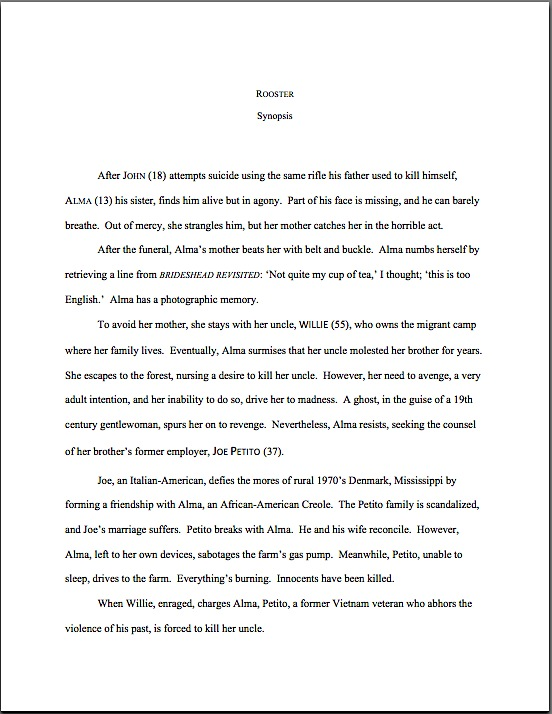





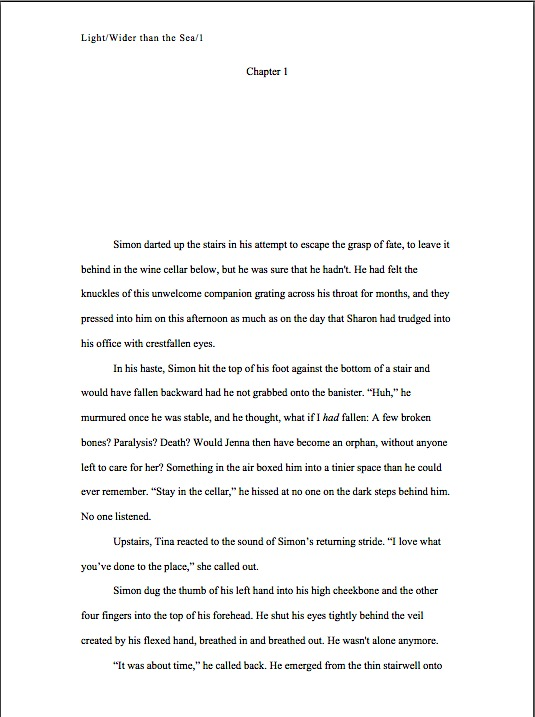
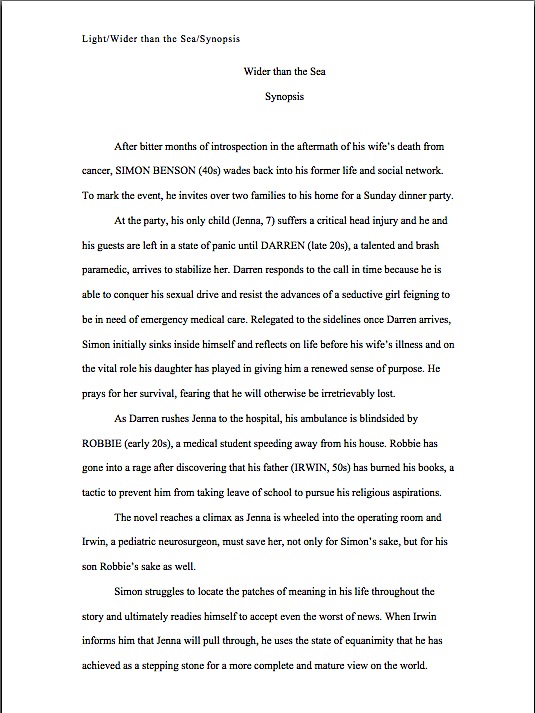
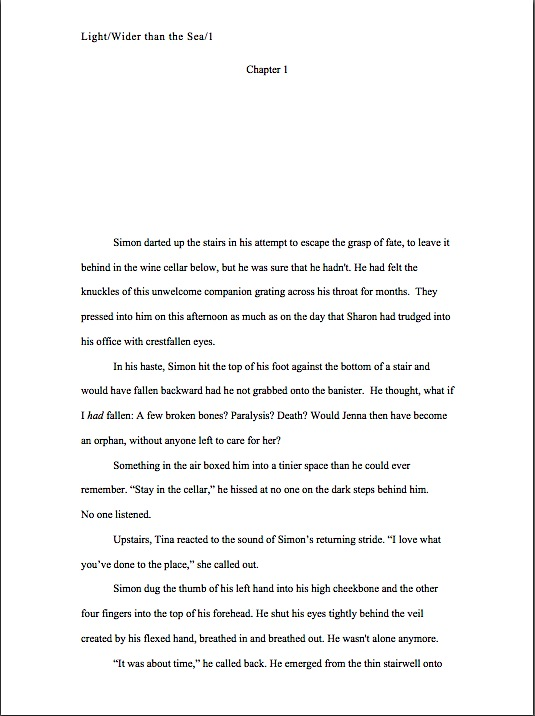
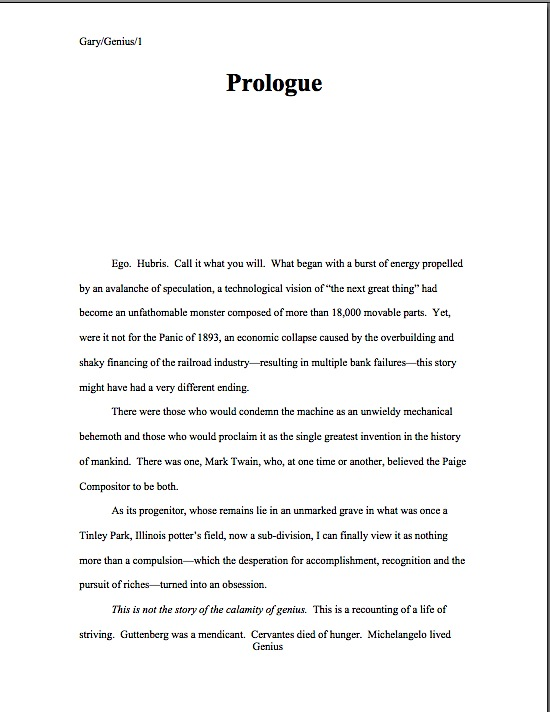
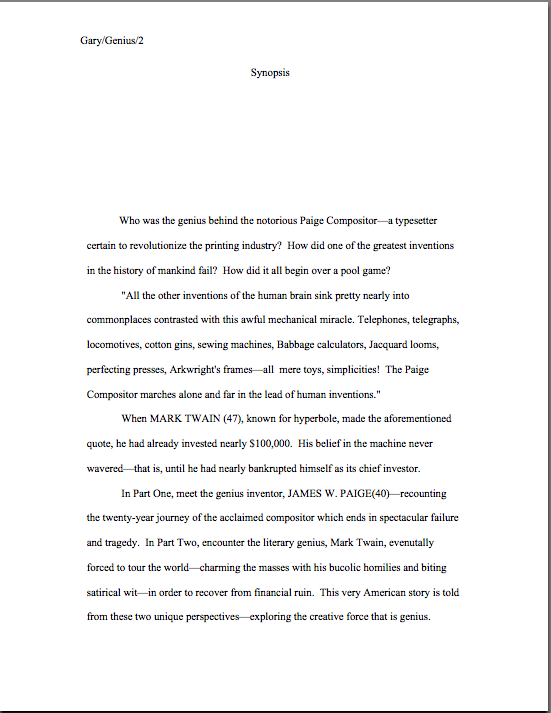
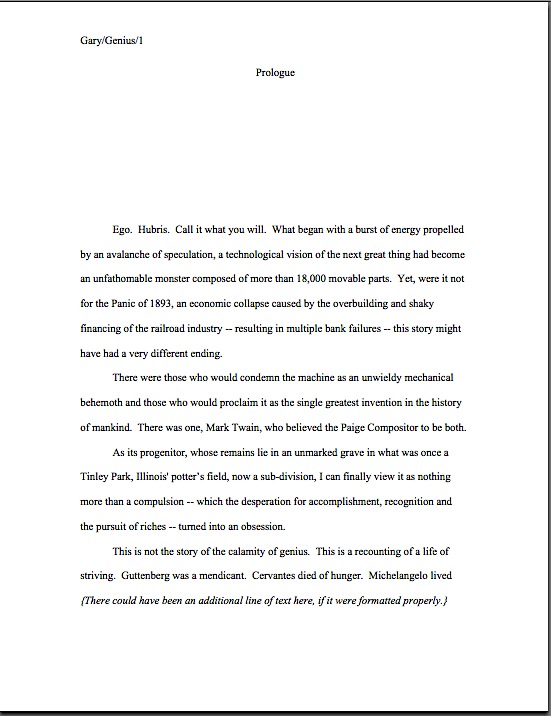


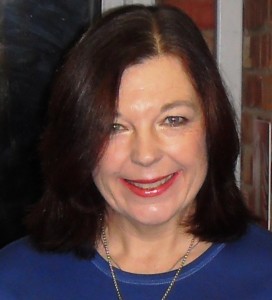
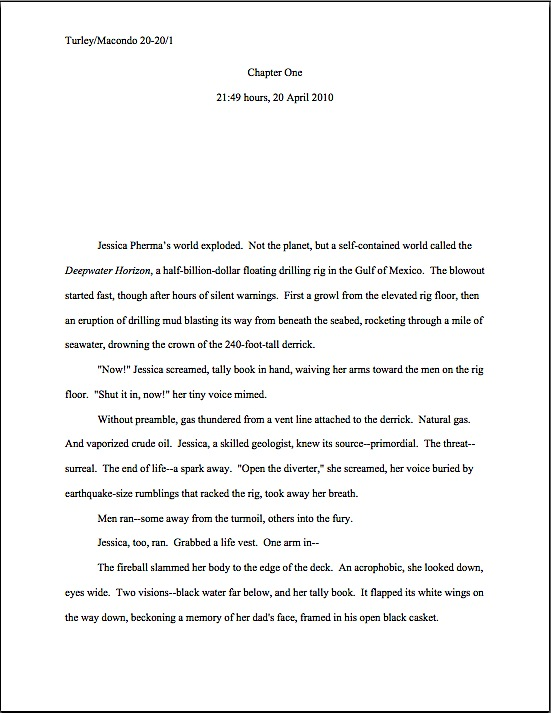
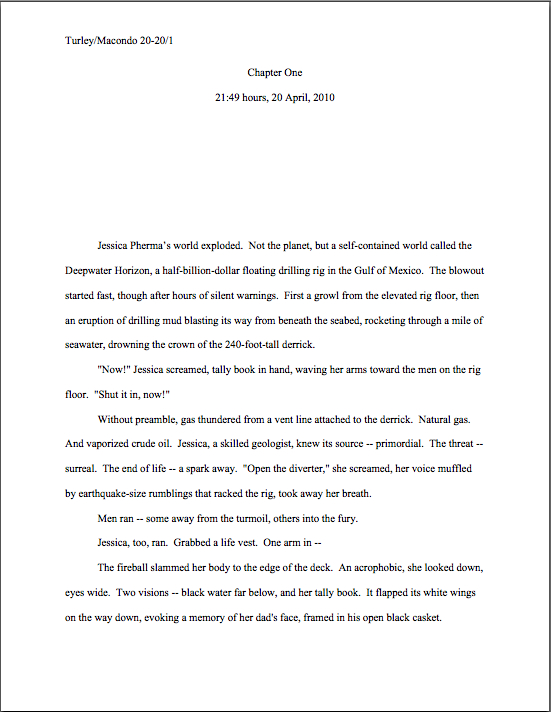
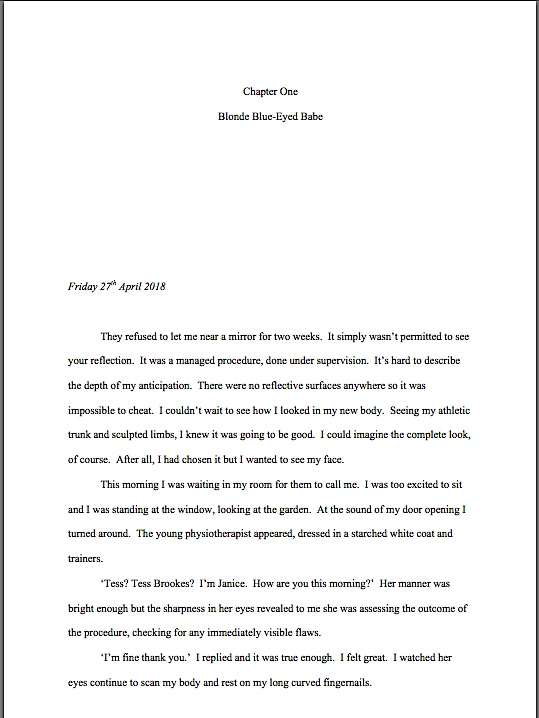
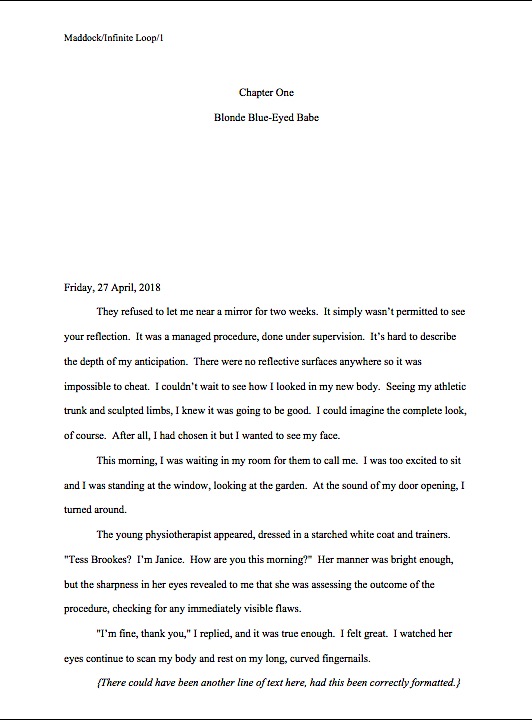
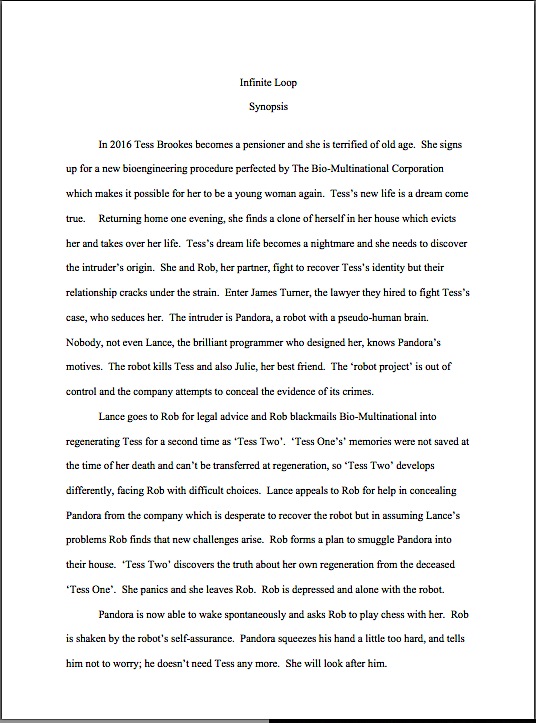

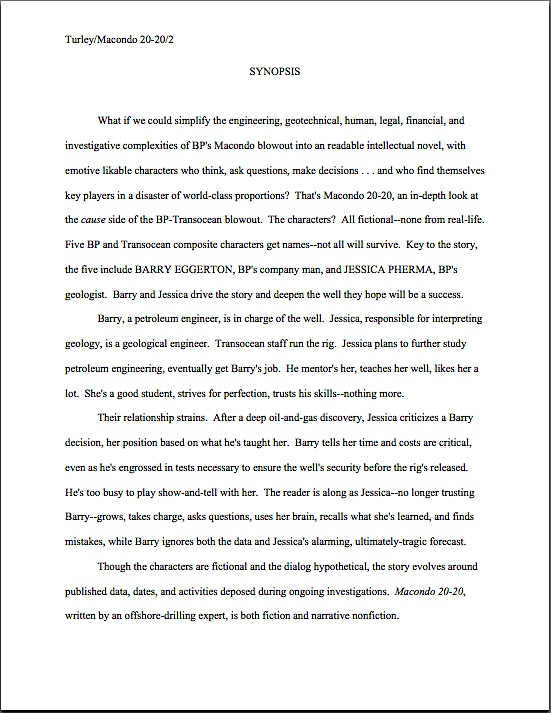

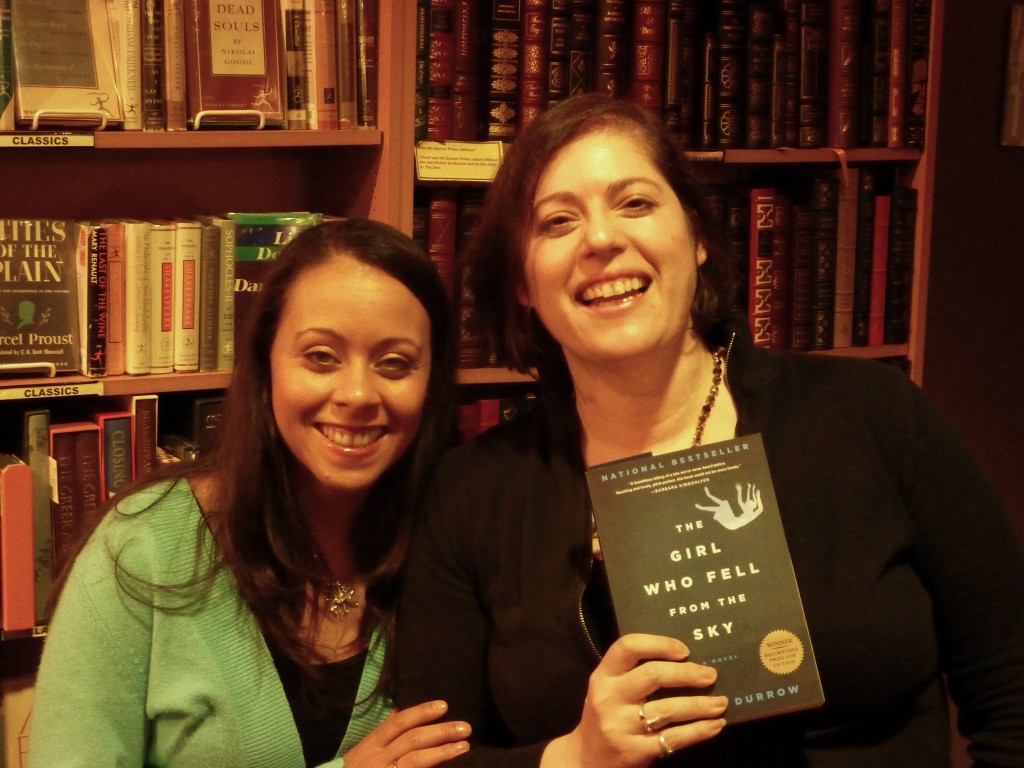
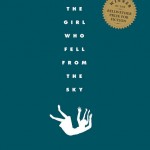 Rachel, the daughter of a Danish mother and a black G.I., becomes the sole survivor of a family tragedy after a fateful morning on their Chicago rooftop.
Rachel, the daughter of a Danish mother and a black G.I., becomes the sole survivor of a family tragedy after a fateful morning on their Chicago rooftop. 

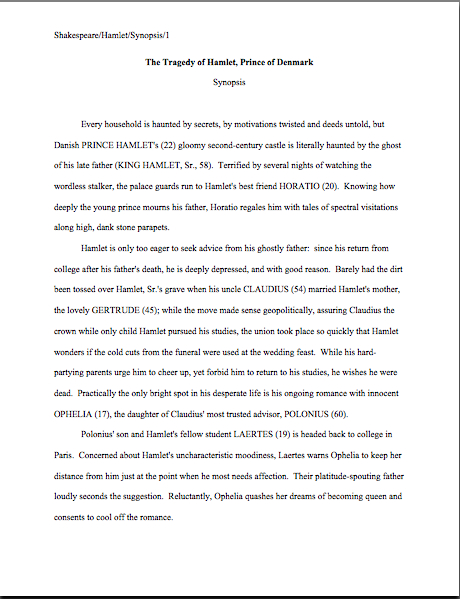
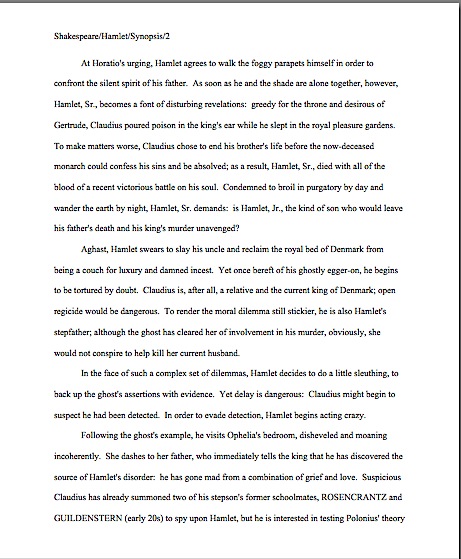
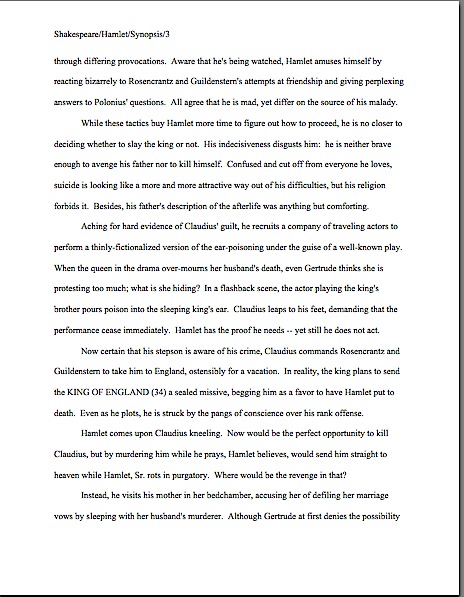
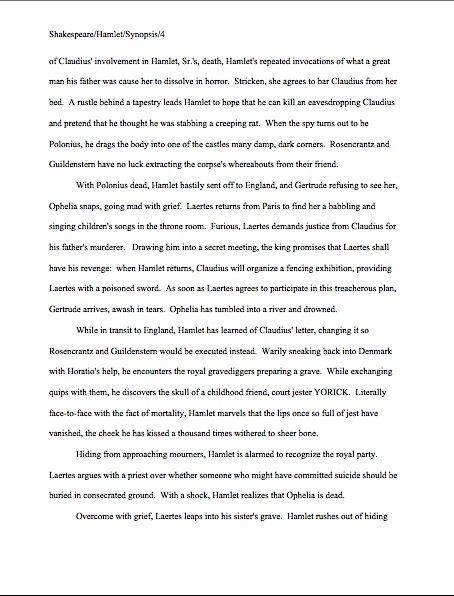
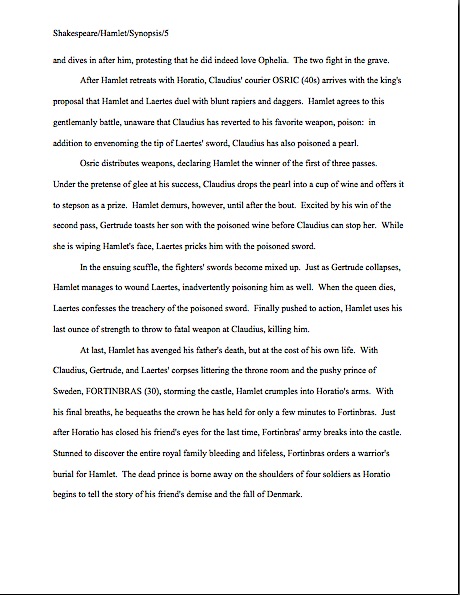
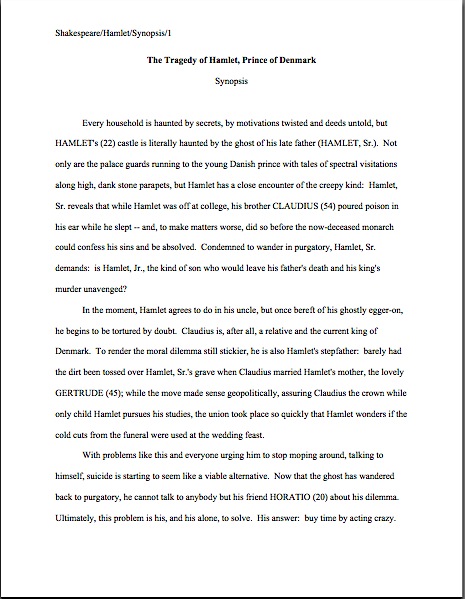
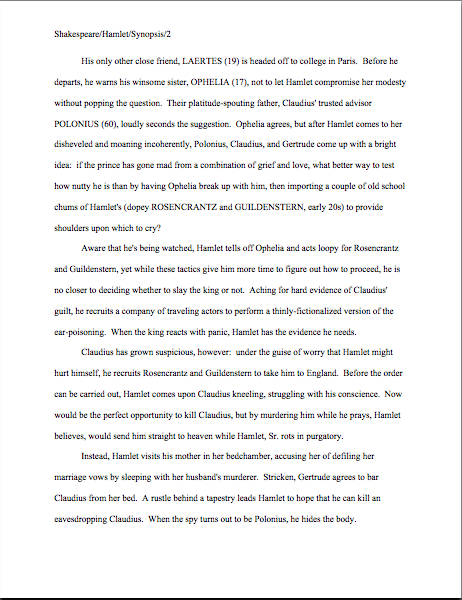
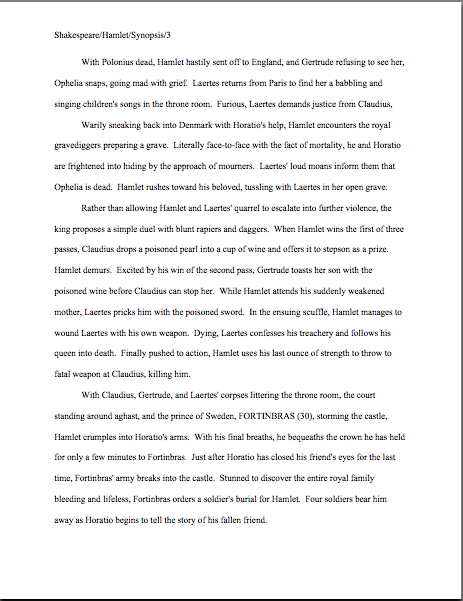
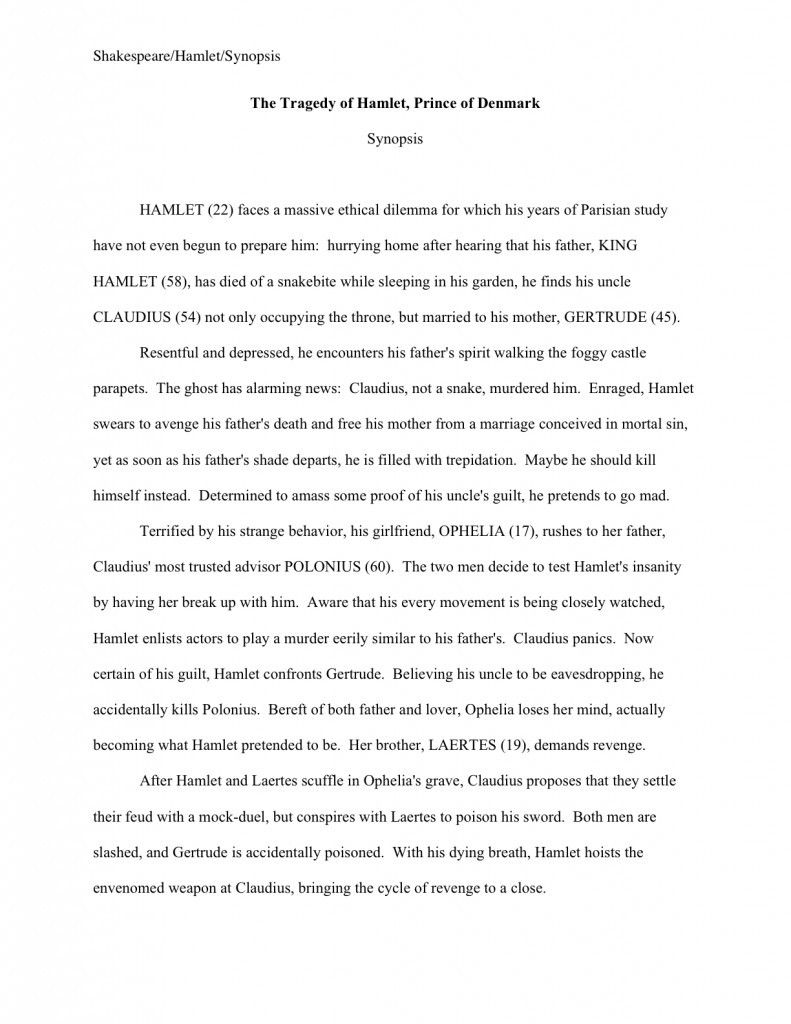
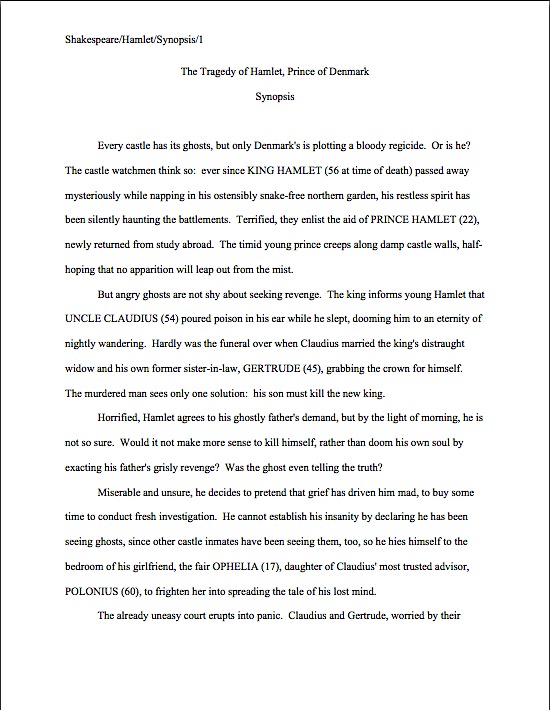
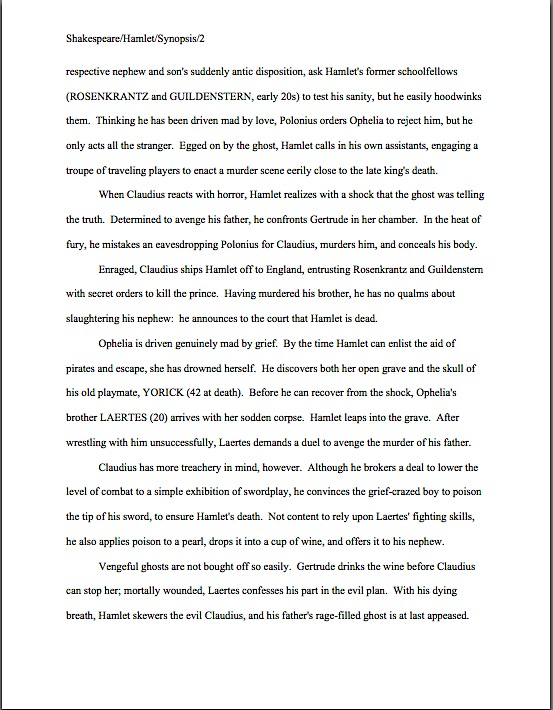
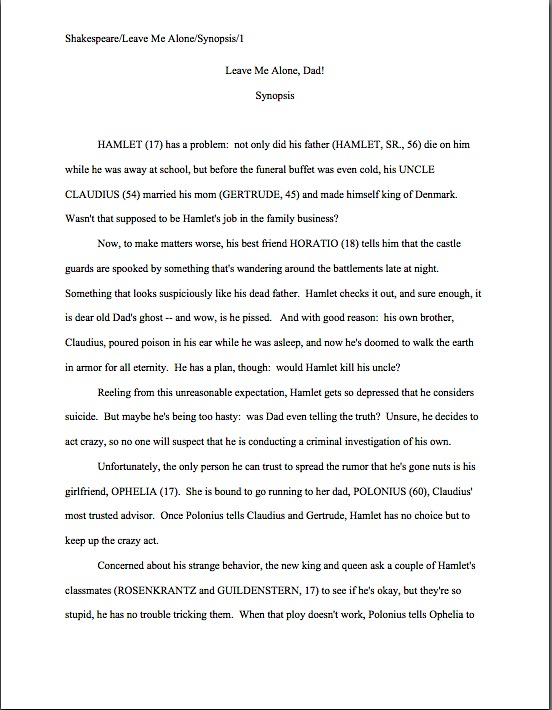
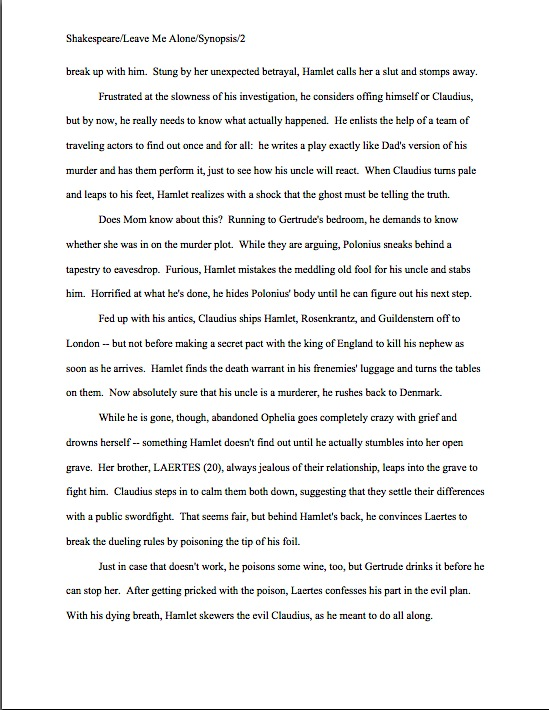
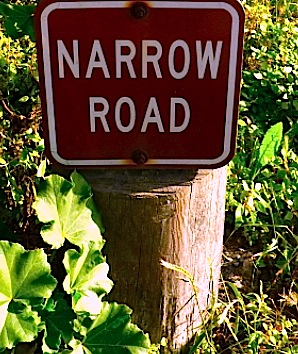
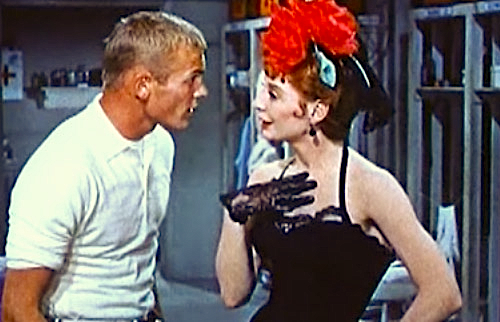

 Realistically, every English sentence a writer looking to sell a book places under an agent or editor’s nose is a writing sample: the query, the synopsis, the bio, the book proposal. Every paragraph is yet another opportunity to show these people that you can write.
Realistically, every English sentence a writer looking to sell a book places under an agent or editor’s nose is a writing sample: the query, the synopsis, the bio, the book proposal. Every paragraph is yet another opportunity to show these people that you can write.
